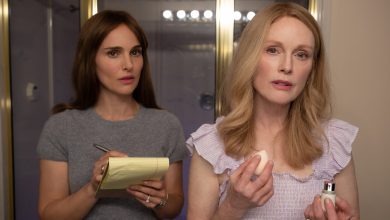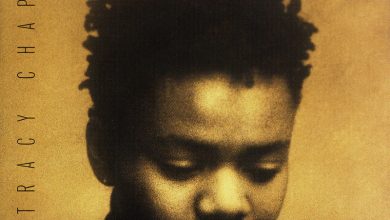Why You Should be Watching Orange is the New Black
Re-watching Disney cartoons with my little cousins has turned out to be quite a challenge. As a self-professed and strong-willed feminist, I cringe at the corny scenes depicting the “damsel-in-distress” whose sole purpose in life is marriage.
Recently, I’ve also been horrified by the competition hurled between most of the female characters and their day to day interactions as women.
From Cinderella and her step-mother/sisters to Ariel and Ursula to Aurora and Maleficent, it’s a full on combat zone enacted by women against other women: all competition, no unison.
In stark contrast, those few cartoons directed towards a male audience are all about male camaraderie and character development. Simba learns valuable lessons through his friendship with Timon and Pumbaa, and Aladdin is able to navigate the greedy bumps of life through his developed affection for Genie. In a much later and arguably lesser known cartoon, The Emperor’s New Groove, the vain and self-possessed Emperor Kuzco befriends the poor villager Pasha and is thus able to grow and improve as a result of this archetypal journey.
Women, on the other hand, are rarely depicted as friends or comrades on a journey, a trend that continues on to TV shows geared at female adolescents and young adults. From Pretty Little Liars to AHS: Coven, there is always a common thread of misogyny and female competition and rivalry. These women might befriend each other and spend time together, but underneath it all, there is a running stream of competition, hatred and betrayal (you can read FEM’s much more thorough analysis of Coven here).
This is why when I first started watching Orange is the New Black, I felt a rising surge of relief and happiness, all swirled up in late-night comedy and downright intersectionality.
Based on the real-life memoir of Piper Kerman, the show follows the adventures and losses of a group of inmates at Lichfield Penitentiary.
A show about women, by other women, veering away from type-casted characters and racial stereotypes, with a douse of real lesbianism sprinkled on top? Revolutionary.
Here are some of the reasons why you should be watching Orange is the New Black:
-
It is exclusively centered on women and women’s issues, with a 90% female cast, a female creator (Jenji Kohan) and female producers, Liz Friedman (Xena: Warrior Princess, anyone?) and Neri Kyle Tannenbaum. One episode was even directed by the queen herself, Jodie Foster.
-
Despite the fact that it takes place in the competitive and cutthroat setting of a women’s prison, it is surprisingly centered on female camaraderie, growth and relationships. These women communicate, support and love each other, talking about their personal goals, challenges and identities as opposed to exclusively dwelling on their heterosexual relationships.
-
Female sexuality takes on prominent importance, the lesbian “de-fetishized” and female homosexuality shown as a loving, long-term commitment as opposed to a “sexy phase.”
-
Traditionally type-cast roles (the funny Black side-kick, the overly-sexualized Latina girl, the white girl-next door) are all thrown out the window as many of the minority-group characters exist and grow alongside the arguable protagonist, Piper Chapman.
-
In fact, many of these typically typecasted roles are downright inverted: Piper, the white bisexual “girl next door” who’s got Robert Frost down, but cannot navigate the world, is almost a mock-satire of the savior-complex instilled in much of the privileged majority. Sent to prison for drug-smuggling charges ten years overdue, Piper’s actions are treated as mere “mistakes.” These were bad choices made by a naive and otherwise law abiding individual. The circumstances of the other women, however, namely the Hispanic and the African American inmates, are much more ominous. Most were forced into drug smuggling by abusive partners, truly made a one-time mistake, or in the case of Miss Claudette, are almost legitimized in their crimes. These women, however, are not treated the same way that Piper is treated. Cheated and robbed, they are trapped within the rusty and broken wheels of the penal system, which gives white women like Piper a second chance and a pat on the back but turns its back on driven, charismatic and intelligent women like Taystee.
-
The show also features a transgender character, played by a transgender actress Laverne Cox, the first trans woman of color in a leading role in a mainstream TV show.
-
The men! While encompassing a complex set of character traits, many of them come off as desperate, on the brim and, sometimes, downright sadistic. From the abusive and ridiculously liquid Caputo to the allegedly kind yet dangerously desperate Bennett, these men stand at the shadows (for once) while the women direct the show. None of them take the cake of patriarchal hypocrisy, however, as gluttonously as the counselor Sam Healy (Hell knows no fury like patriarchy scorned, am i right?). Harboring a sick obsession for Lesbian relationships with a smear of racism coated on top, Healy embodies the patriarchal hierarchy, with illogical punishments and sadistically sexual control complexes.
So catch the first season of the show on Netflix and tune in for the second season (up on June 6), and have your mind blown (!)




